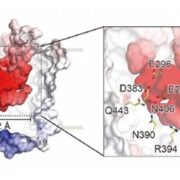
A plant protein structure from the MATE family, an important family of transporters ($)
Blog, Plant Science Research Weekly, Research, Research BlogThe MATE (multidrug and toxic compound extrusion) family is found in all three domains of life. Proteins in this family are secondary transporters, functioning as sodium or proton/organic cation antiporters. This family has diverse functions in plants, including vacuolar sequestration of alkaloids,…
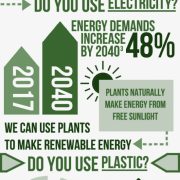
"So, why is what you do important?"
Blog0 Comments
/
Telling others that what we do matters.
Guest post by Alyssa Preiser
Every holiday season, at least one relative may ask you the question "What do you do?". Your response - "I study plants" - is immediately followed by an awkward pause and either an unsure nod, as if they immediately understand…

Sources or ideas to get funded
Blog
What a glorious day when you get to know you have money to fund your lab! I remember clearly every single word on the notification letter I received the first time and the heavyweight lifting off my shoulders that wonderful day! I think I am not the only one.
It is very difficult to do science…

How Academics Survive the Writing Grind: Some Anecdotal Advice
Skills and Advice, Writing/Reviewing/Publishing/CommunicatingWords of Wisdom from Those Who Publish (and Do Not Perish)
By Helen Sword
A PhD student approached me after a writing workshop to recount his tale of woe. “I write these messy, incoherent first drafts,” he lamented. “They’re absolutely awful! Then I have to work on them for hours and hours…

Turning science into business: how to use your gift of gab and communicate with industry
Blog, Careers, Careers - BlogI am a PhD Student at the University of Adelaide in South Australia with a background in agricultural science and molecular biology. My PhD project focusses on seed coat mucilage biosynthesis in the genus Plantago for applications in food technology. I also have a passion for citizen science, science…
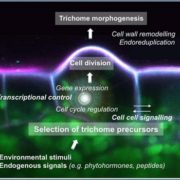
Update: Plant Glandular Trichomes: Natural Cell Factories of High Biotechnological Interest
Blog, Plant Physiology, Plant Physiology: Updates, Research, Research BlogBy Alexandre Huchelmann, Marc Boutry, and Charles Hachez
Abstract
Multicellular glandular trichomes are epidermal outgrowths characterized by the presence of a head made of cells that have the ability to secrete or store large quantities of specialized metabolites. Our understanding of the transcriptional…
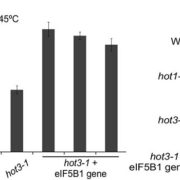
Some Like it HOT: Protein Translation and Heat Stress in Plants
Blog, Research, The Plant Cell: In BriefThe ability to acclimate to high temperatures that are normally lethal is common to virtually all organisms on the planet. A short exposure to milder heat stress informs organisms that they should ready themselves in case they experience even warmer conditions. Acquired thermo-tolerance in plants is…
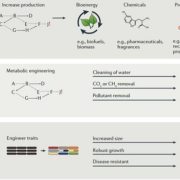
Opinion: Beyond editing to writing large genomes ($)
Blog, Plant Science Research Weekly, Research, Research BlogThis is an era of rapid acceleration of our ability to both read and write genomes. Chari and Church point to a future in which making a small number of changes in a genome (editing) is supplanted by making hundreds or thousands or more of changes, essentially whole-genome editing. Basically, the authors…


